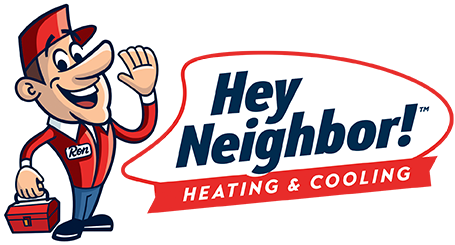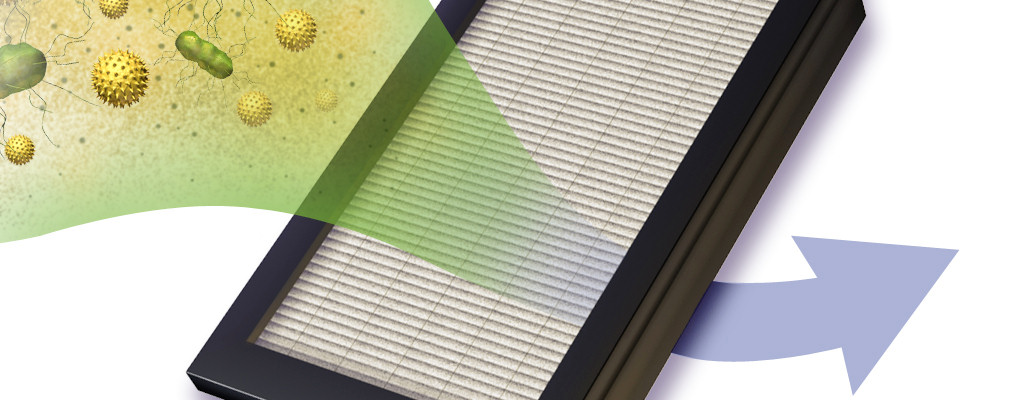When it comes to heating and cooling systems, air filters play a crucial role in maintaining air quality and system efficiency. However, there are several myths about air filters that can lead to confusion and potentially costly mistakes. Let’s clear the air and dispel five common myths about air filters!
Myth #1: “The thicker the filter, the better the performance.”
It’s easy to think that a thicker filter would be better at trapping contaminants, but that’s not always the case. While thicker filters can capture more particles, they can also restrict airflow if they’re not compatible with your system. This can cause your system to work harder, leading to increased energy consumption and potential damage over time. Always check your HVAC system’s specifications and use the recommended filter thickness to ensure optimal performance and efficiency.
Myth #2: “You only need to change filters once a year.”
This myth can lead to poor indoor air quality and reduced HVAC efficiency. The frequency with which you should change your air filter depends on several factors, including the type of filter, the level of pollutants in your home, and how often your HVAC system is used. For most households, it’s recommended to change the filter every 1 to 3 months. Homes with pets, allergies, or heavy HVAC usage may need more frequent changes. Regular filter changes help maintain clean air and keep your system running smoothly.
Myth #3: “All air filters are the same.”
Not all air filters are created equal. Filters come in various types, each with different levels of efficiency and filtration capabilities. The MERV (Minimum Efficiency Reporting Value) rating system helps you understand a filter’s effectiveness at trapping particles. Higher MERV ratings indicate better filtration but may also restrict airflow if your system isn’t designed to handle them. It’s important to choose the right filter for your specific HVAC system and indoor air quality needs. For most residential settings, a filter with a MERV rating between 8 and 13 is typically sufficient.
Myth #4: “Air filters only impact indoor air quality.”
While it’s true that air filters play a significant role in improving indoor air quality by trapping dust, pollen, and other airborne particles, they also affect the overall efficiency and longevity of your heating and cooling system. A clean filter allows for better airflow, reducing the strain on the system and helping it run more efficiently. This can lead to lower energy bills and fewer maintenance issues. Neglecting to change the filter regularly can result in a buildup of dirt and debris, which can clog the system and cause it to overheat or malfunction.
Myth #5: “Higher-priced filters are always better.”
Price doesn’t always equate to better performance. While higher-priced filters often offer advanced features like higher MERV ratings or specialized materials, they may not be necessary for every home. The best filter for your system is one that balances filtration efficiency with proper airflow. Consult with our professionals or refer to your system’s manual to determine the most suitable filter for your needs. Sometimes, a moderately priced filter that is changed regularly will serve you just as well as a premium filter.
Have air filter questions or concerns? Call Hey Neighbor Heating & Cooling today!
Understanding the truth behind these common air filter myths can help you make informed decisions that improve your indoor air quality and keep your HVAC system running efficiently. Remember to choose the right filter, change it regularly, and consider both air quality and system performance when selecting a filter. By doing so, you’ll enjoy a healthier home environment and a more efficient HVAC system. Have more questions about air filters? Feel free to ask! We’re here to help you breathe easier and keep your home comfortable year-round.


Comments are closed